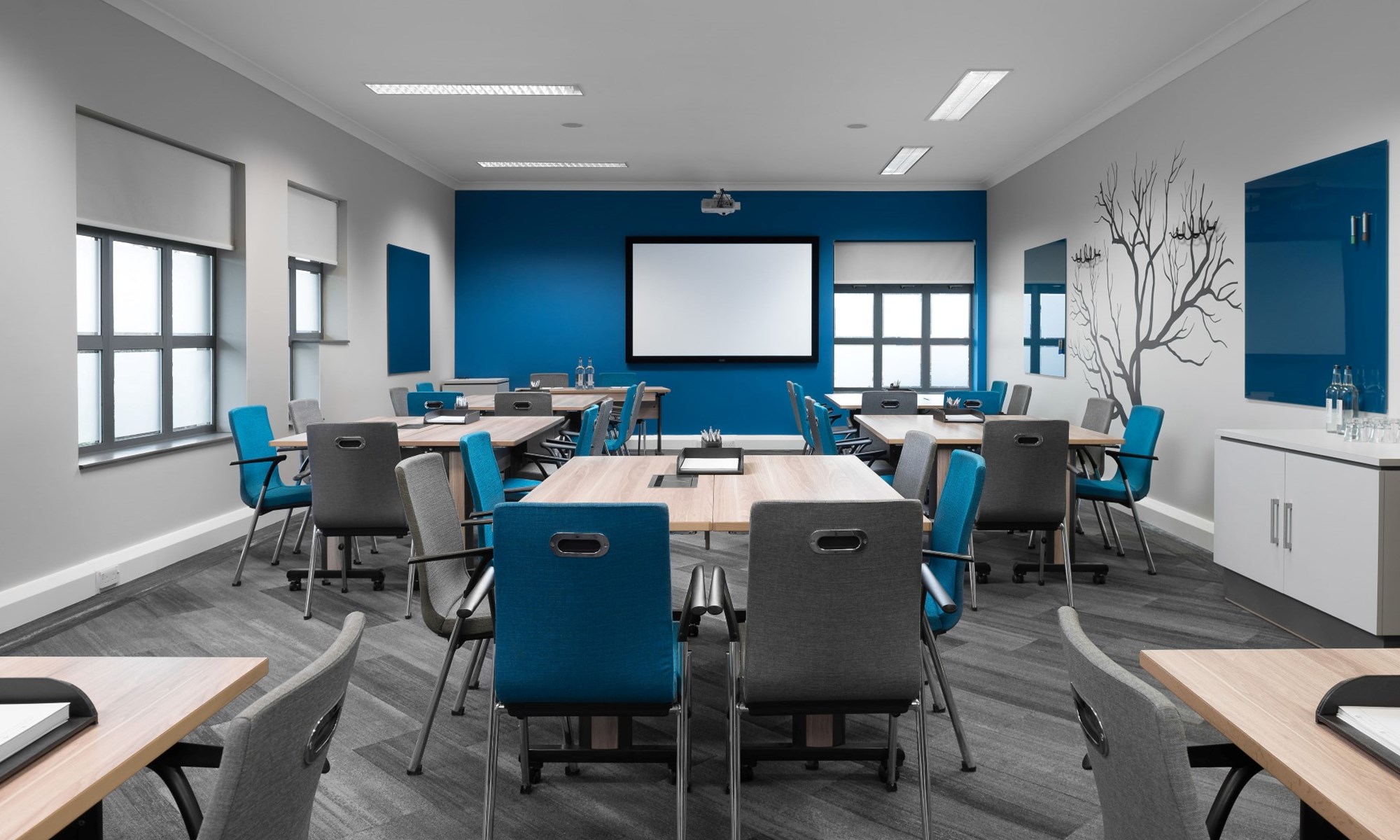This Woman's Work
07 Jan 2020

Women account for 475 of the MICE workforce, a greater proportion than ever before, but statistics show that men still take up most high-profile jobs. Only 6% of executive positions in the FTSE 100 are held by women. It's a familiar statistic across many industries. The stats don't get much better globally. The World Economic Forum in 2019 reported that the UK had not even reached the top 10 of the gender-equal countries and dropped to 52 in economic participation and opportunity. We are moving in the right direction, however.
The first ever Women to Watch Index in Hospitality, Travel and Leisure Index (WiH2020) was released last year, highlighting female leaders ready to step into executive committee and board positions at the helm of large and small organisations either now or in the future. Tea Colaianni, Founder and Chair of the index, introduced the first report by offering some insight to some of the women who feature in the list: ''The index has unearthed a monumental wealth of experience, personal and professional stories, successes, tips and lessons learnt. These women are inspiring role models with diverse backgrounds, nationalities, educations, race/ethnicities, experiences and ages.
''Some joined the industry as soon as they finished their education, others joined the industry after having worked in different sectors. Some of them work flexibly, others hold roles manging teams across serveal different continents. They all share a desire to support other women in their aspiration to grow, learn, contribute, and have fulfilling careers within their sector.
According to WiH2020 however, only 10% of CEOs across hospitality, travel and leisure are women, though 36% of board members are female, representing a promising pool of future leaders.
Louisa Watson, Director of Marketing at Wyboston Lakes Resort, was named in the first ever index, Louisa has worked in the sector for the last two decades, leading marketing and PR operations within multiple businesses. At Wyboston Lakes Resort, she focuses on the B2C and B2B marketing in the UK and internationally. Asked about the current gender disparity, she shared: ''While there is still a long way to go for women occupying the top positions in the industry, we should acknowledge the progress that has already been made. At Wyboston Lakes Resort for example, 60% of the senoir management are female and, looking at employees by pay, 49% of staff in the upper quartile are women. By signing the Direcsity in Hospitality, Travel and Leisure Charter, we remain committed to ensuring everyone is rewarded equally for their work regardless of gender.''
This Diversity in Hospitality, Travel and Leisure Charter is rightly becoming something of a badge of honour for many venues and companies in the industry. The Charter encourages companies to set their own objectives and priorities, whatever they may be, in the Diversity and Inclusion space, be it gender, LBGT+, age,ehtnic minorities and disability. Making a public commitment to Diversity and Inclusions agenda removes optionality: once you have committed puclicly to the charter you have to take action. UKHospitality is a key signatory, and its CEO, Kate Nicholls praises the events industry as a whole for its varied workforce: ''Diversity at a senior level can only be a good thing, not just in hospitality, and there are promising signs that we are heading in the right direction.''
UKHospitality and others are throwing their full weight behind the Women in Hospitality Travel and Leisure 2020 initiative to achieve the goal of 33% representation by the end of this year (2020). As the third largest private sector employer in the country, providing employment for 3.2 million people, the industry simply cannot afford to let uptapped talent and skills go unrewarded or unused. For some companies, this means there are opportunities galor with a number of existing senior male leaders set to retire in the coming years and a strong pipeline of female talent coming through behind them.
The question around gender inequality becomes more alarming when we look at harassment and how women are widely more vulnerable in the workplace. A 2019 survey among female event professionals showed that more than half of respondents have encountered inappropriate behaviour since working in the events industry. Of these, 19% have experienced inappropriate behvaiour within their workplace and 34% working on-site at an event. The rise of the #MeToo movement means that with a more diverse workplace, these issues will no longer be brushed under the carpet. Companies need to be held to the highest of scrutiny in how their teams are treated, either in the office or at an event.
However people get into the industry, it's just common sense that the greater diversity of talent recruited, the better choice of future leaders the sector will have. The next generation is waiting in the wings.



